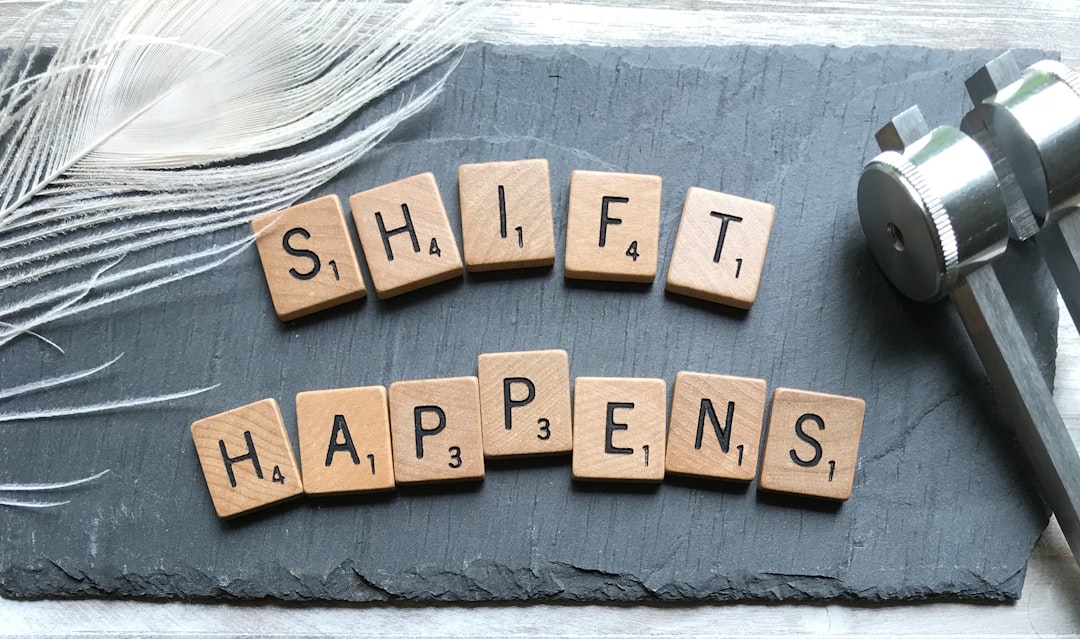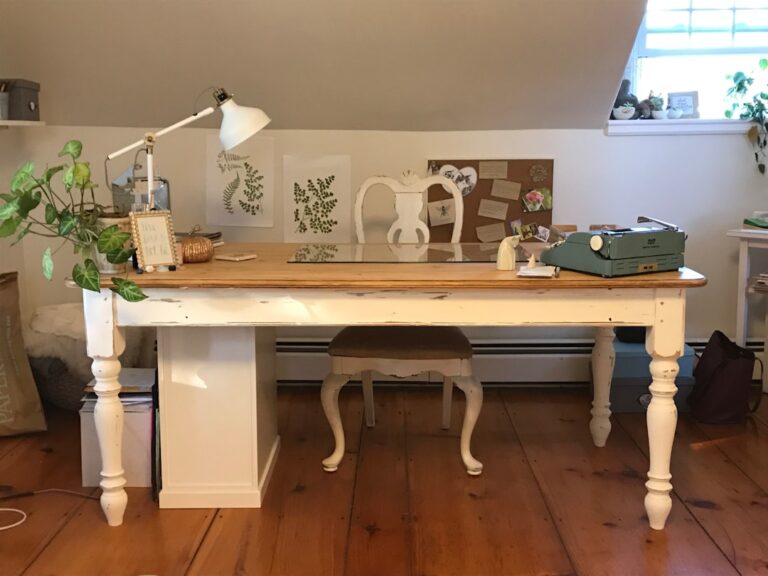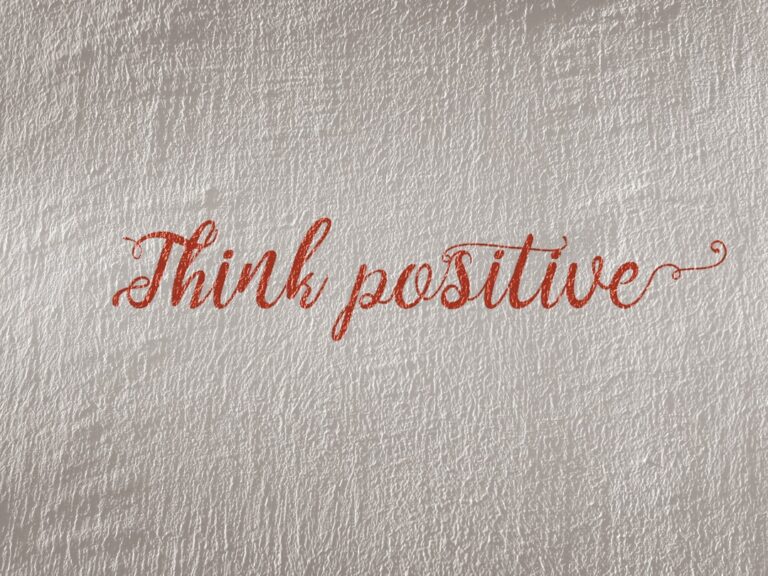
Change used to feel like a mountain I could never climb. I was stuck in a cycle I couldn't break—endless hours of gaming, binge eating, drinking, and just feeling lazy and lost. The goals I had for myself felt a million miles away. If you’ve ever felt that way, like you’re spinning your wheels and getting nowhere, I want you to know I get it. I’ve been there.
The truth is, achieving big goals isn't about some superhuman burst of motivation. It’s not about completely changing who you are overnight. For me, it was about changing how I thought. The real transformation began when I started making small but powerful mindset shifts. These shifts helped me lose over 110 pounds, build a life I’m proud of, and find purpose in my faith.
Here are 10 of those shifts that made all the difference.
From "All or Nothing" to "One Small Step"
I used to think I had to fix everything at once. I’d try to eat perfectly, work out for two hours, quit all my bad habits, and become a new person on a Monday. By Tuesday, I’d fail at one thing and give up on everything.
The real change started when I focused on just one small thing. Instead of "I'm going to lose 110 pounds," it became "I'm going to go for a 15-minute walk today." Instead of "I'm quitting gaming forever," it was "I'm going to play for one hour less tonight." These small steps feel manageable. They build on each other until you look back and see you’ve climbed the whole mountain.
From Seeking Perfection to Celebrating Progress
Perfection is a trap. It keeps you from starting because you’re afraid you won’t do it right. It makes you quit when you slip up because you feel like a failure.
I had to let go of perfection. When I was losing weight, I didn’t eat perfectly every single day. Some days were better than others. But instead of beating myself up for eating a slice of pizza, I celebrated the fact that I had eaten healthy for the five days before it. Progress, not perfection, is the goal. Celebrate every small win. It’s the fuel that keeps you going.
From Waiting for Motivation to Building Discipline
Motivation is a feeling. It comes and goes. If you only work on your goals when you feel like it, you’ll rarely make progress. Discipline is a system. It’s doing what you need to do even when you don’t feel like it.
I don’t wake up every day excited to do deep work or go to the gym. Most days, I’d rather be lazy. But I’ve built a routine. I know that from 9 AM to 1 PM, I do my most important work. It’s scheduled. It’s non-negotiable. The action comes first, and sometimes, the motivation follows.
From Vague Wishes to Clear Actions
"I want to be more productive" is a wish. "I want to be healthier" is a wish. They’re nice thoughts, but you can’t act on them. Your mind doesn’t know what to do with that.
You need to turn those wishes into clear, specific actions.
- Instead of "be more productive," try "I will work without distractions for two 45-minute blocks every morning."
- Instead of "be healthier," try "I will drink a glass of water before every meal and stop eating after 8 PM."
Clear goals give you a clear path forward.
From Self-Criticism to Grace
When I would mess up—and I messed up a lot—my first instinct was to tear myself down. "You're so lazy." "You'll never change." That inner critic just made me feel hopeless and more likely to give up.
I had to learn to show myself some grace. We are all human. We all fall short. Instead of criticism, I started to respond with understanding. "Okay, that didn't go as planned. What can I learn from it? Let’s try again tomorrow." Treating yourself with grace isn't an excuse to fail; it's the kindness you need to get back up.
From "I Have To" to "I Get To"
This is a simple language swap that changes everything. My perspective on tasks completely shifted when I stopped saying "I have to" and started saying "I get to."
- "I have to work out" became "I get to move my body and build strength."
- "I have to eat this healthy meal" became "I get to nourish my body with good food."
- "I have to work on my business" became "I get to build something that matters to me."
It transforms obligations into opportunities. It’s a simple act of gratitude for the abilities you have.
From Comparing Your Journey to Owning Yours
Looking at other people’s highlight reels on social media is a quick way to feel inadequate. I used to see people who seemed to have it all together and wonder what was wrong with me.
Your journey is yours alone. It has its own timeline, its own challenges, and its own victories. The only person you should compare yourself to is the person you were yesterday. Are you a little bit better today? A little stronger? A little more consistent? That’s all that matters.
From Fearing Failure to Learning From It
No one likes to fail. But fearing it can paralyze you and keep you from taking the risks necessary for growth.
Every single time I failed on my journey, it was a lesson. A diet that didn’t work taught me what my body didn’t respond to. A failed routine taught me what times of day I wasn’t productive. Failure isn't the opposite of success; it's a part of it. It’s just feedback. It’s data you can use to adjust your approach and try again, only smarter this time.
From Focusing on the Destination to Enjoying the Journey
If you're only focused on the end goal—the 110 pounds lost, the finished project, the dream life—the daily grind will feel like a chore. The journey will be miserable.
I learned to find joy in the process. I started to appreciate the taste of a healthy, home-cooked meal. I learned to love the feeling of peace after a good workout or a quiet walk. I found satisfaction in completing a few hours of focused work. When you learn to love the daily actions that lead to your goals, you'll never have to worry about "staying motivated" again.
From Relying on Your Strength to Leaning on Faith
This was the most important shift for me. For years, I tried to overcome my worst habits—binge eating, drinking, smoking—all on my own. I thought if I just had enough willpower, I could muscle through it. But my own strength was never enough. I would always fall back into the same patterns.
The real turning point came when I stopped trying to do it all myself. I started to pray. I strengthened my Christian Orthodox faith and asked God for the strength I didn't have. I realized that true, lasting change wasn’t about my power, but about His. My faith became my foundation. It gave me a purpose beyond just "being better" and provided a strength that I could lean on when mine was gone. It’s what finally helped me break free.
Changing your life starts with changing your mind. It’s a quiet, internal process, but it has the power to change everything on the outside.
So, I’ll leave you with this question: What’s one small mindset you can begin to shift today?





